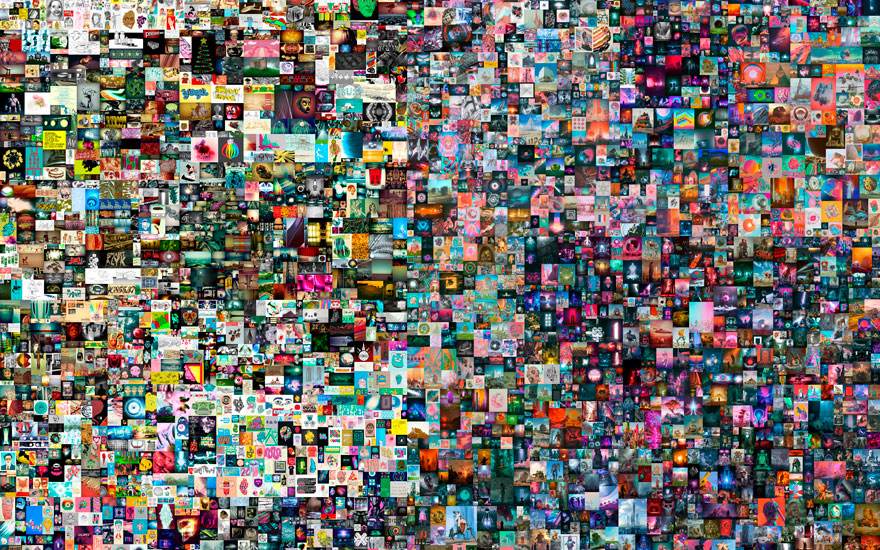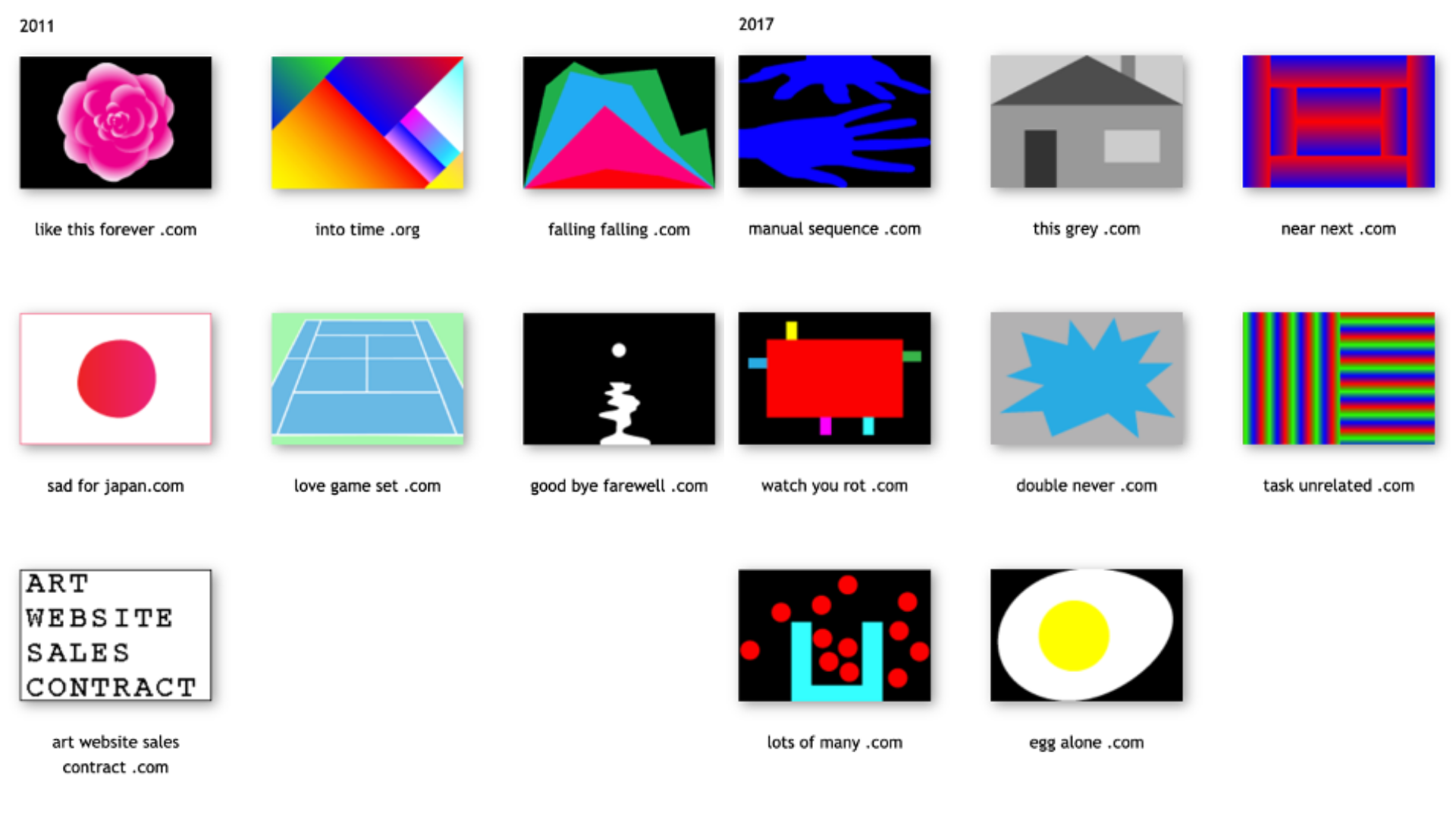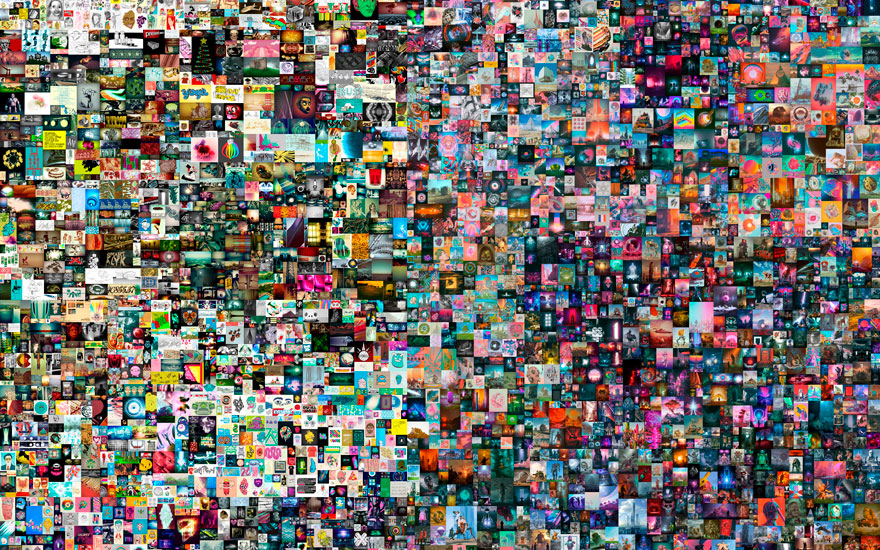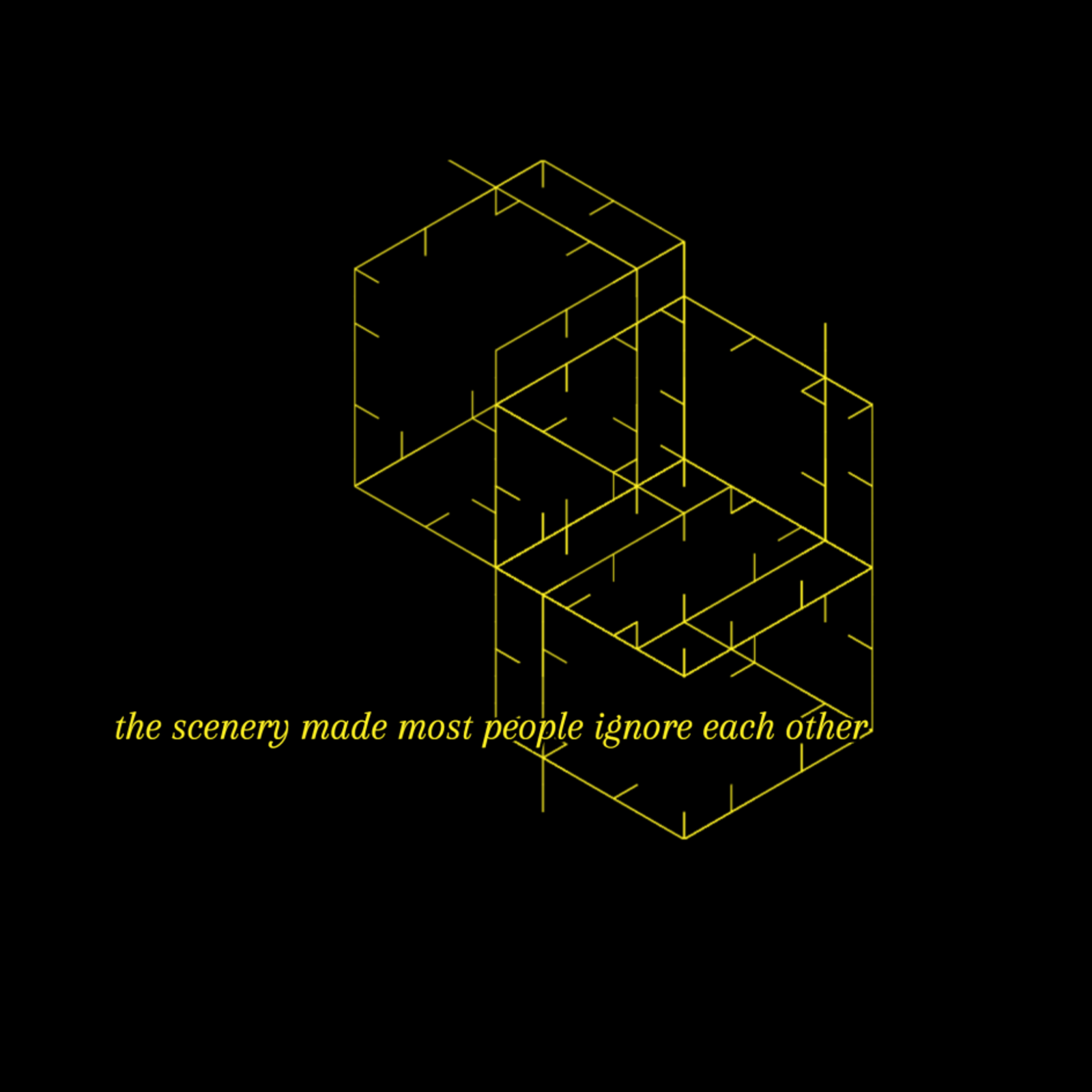
NFTs are the latest trend to take over the arts sector, but before you join the movement there are a few things you should know. And we’ve got you covered! Through this blog, you’ll come one step closer to understanding the world of art NFTs in all its glory.
To start, what (the fuck) is an NFT?
NFT stands for Non-Fungible Token. Let’s break that word down. The definition of fungible is something that can be exchanged or substituted and will continue to have the same value. It is interchangeable; like casino chips, the dollar, and bitcoins. For example, If I lent you a 10-dollar bill, and you return me two 5 dollar bills it’ll make no difference to me. Non-fungible means it’s an asset that can’t be substituted, it has unique attributes that make it different; like a painting and a trademark. Lastly, token refers to a digital intellectual property certificate encoded with the same underlying software as many cryptos. Because of their digital nature, they are often bought and sold online.
So, NFTs are one-of-a-kind or limited digital assets that represent real-world objects like art, music, and videos. Their unique nature creates scarcity, unlike most digital creations which tend to come in infinite supply.

RAFAEL ROZENDAAL, A SELECTION OF WEBSITES (2011 & 2017). RAFAEL ROZENDAAL STARTED IN 2011 WITH THE PREDECESSOR OF NFTS. HE MADE WEBSITES AND SOLD THEM AS ART PIECES. THE WEBSITES ARE PUBLIC, BUT THERE IS ONLY ONE OWNER, JUST LIKE WITH NFT ART.
Due to the pandemic, there was a shift from the physical to the digital world. This made the NFT movement more relevant than ever and provided an opportunity for development. Simultaneously, more collectors showed an interest in investing in digital art.
How can NFTs be revolutionary for the art world?
NFTs are way more than a revolutionary method of buying and selling digital art. It has the potential to establish diverse forms of equity for artists, collectors, and fans, as well as solve other longstanding flaws in the art market.
- NFTs use blockchain technologies to keep track of the source and ownership. This way, forgeries – for example when it comes to the provenance of an artwork – can significantly be diminished.
- Although one can own an NFT, it doesn’t restrict the artwork’s ability to freely circulate in the digital realm; the rest of the world can still view and share it online. Why would one want this? A reason could be to make art more accessible to everyone. Another could be that the more shares and views, the higher the popularity and value.
- With traditional methods, resale royalties – whereby artists have entitled a share of the sale price when their artwork is resold – were hard, almost impossible even, to control. However, when ownership is tracked, resale royalties can be ensured with every transfer of ownership.
- Taking the plunge to try new things and experiment is easier through NFTs for both the artist and the collector. The internet is more democratic and everyone can upload an NFT. Therefore, NFTs lower the threshold into the art market and diversify it.

PEOPLE, EVERY DAY: THE FIRST 5.000 DAYS (2021). PEOPLE ARE ONE OF THE BIGGEST NAMES IN THE NFT ART MARKET. HIS ARTWORK ‘EVERYDAY'S: THE FIRST 5.000 DAYS’, SOLD THROUGH CHRISTIE’S FOR $69.3 MILLION AND WAS THE MOST EXPENSIVE NFT EVER SOLD. WITH THIS SALE THE POPULARITY AND FAME OF THE NFT MARKET INCREASED.
What about the recent backlash?
Recently, there has also been some backlash against NFTs. First, it takes knowledge and money to join in on the NFT craze. For example, NFTs cannot be bought with traditional valutas and require a crypto-wallet. This could prevent some creators and buyers from participating.
There are also some environmental concerns. Creating NFTs requires an extensive amount of raw computing power and many of the required server farms are powered by fossil fuels. Critics have said that the mining of NFTs might be humanity’s most direct way of making money through the pollution of the planet (Time, 2021).

HARM VAN DEN DORPEL, EVENT LISTENERS (2015). IN 2015 THE AUSTRIAN MUSEUM OF APPLIED ARTS/CONTEMPORARY ART BOUGHT VAN DEN DORPEL’S ARTWORK BY USING BITCOIN. THIS WAS THE FIRST-TIME ART WAS BOUGHT BY A MUSEUM THROUGH CRYPTOCURRENCIES. THE ARTWORK IS A LOOPING OS X SCREENSAVER.
Is the NFT bubble going to burst anytime soon?
“Having a piece of the internet that is fundamentally yours – something that you think is beautiful and unique and special – is not something we’ve been able to do until now,” said Collector Priyanka Desai
We are still in the very early days of the NFT-movement, yet it has already marked its importance. We can only imagine what the future of the NFTs will bring. It has always been challenging to control digital art and this development changes everything. So far, it seems to establish a way more transparent and direct type of art market than we are used to.






.webp)